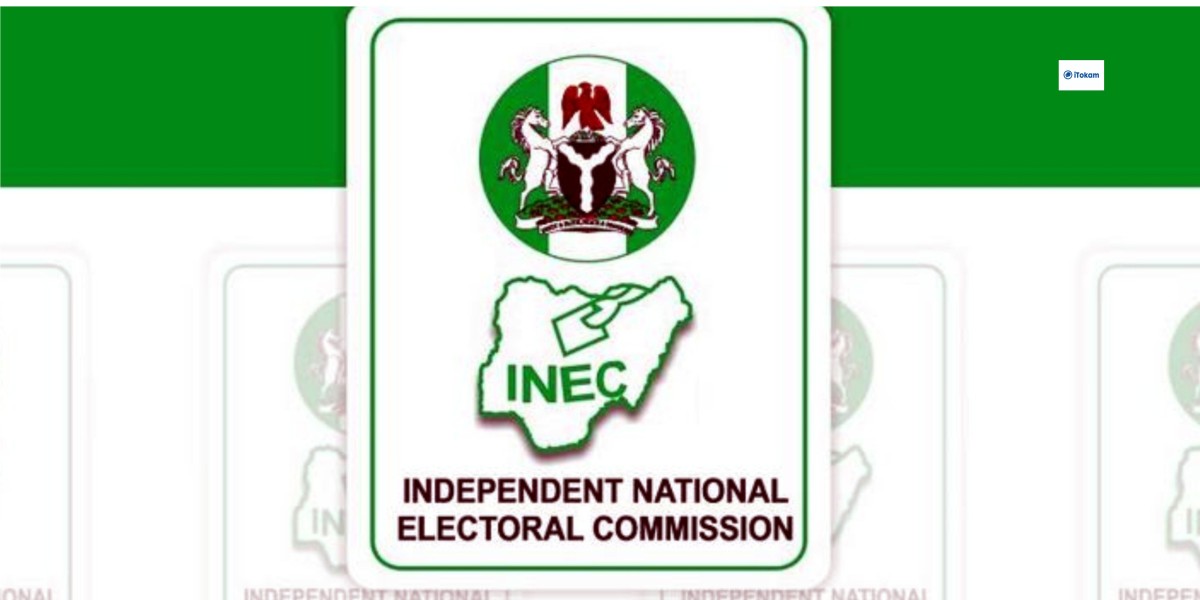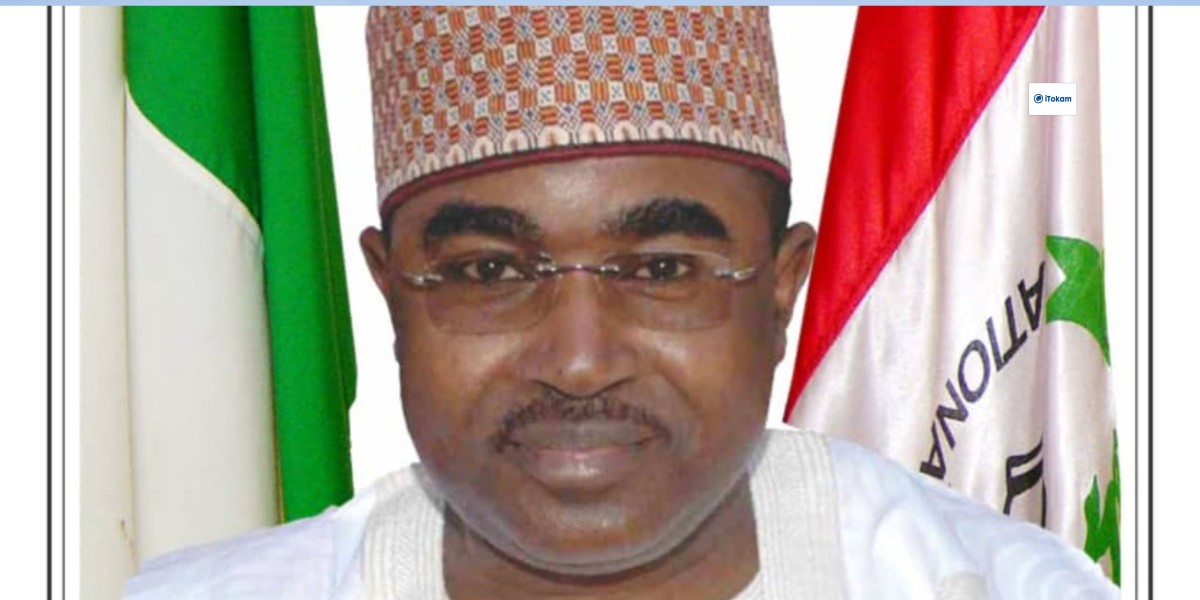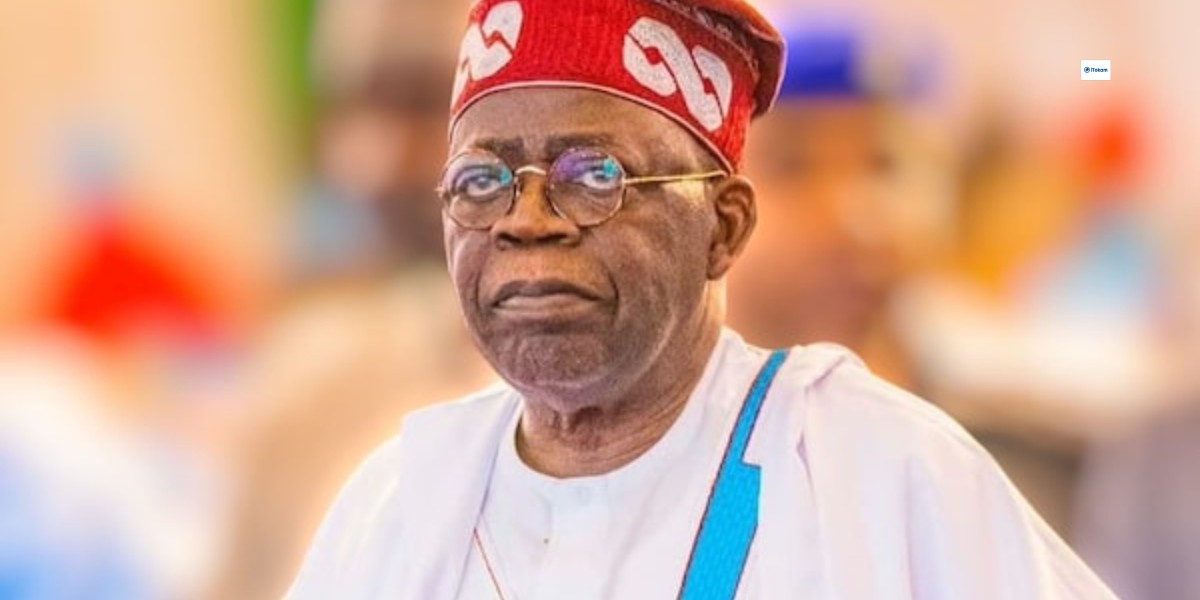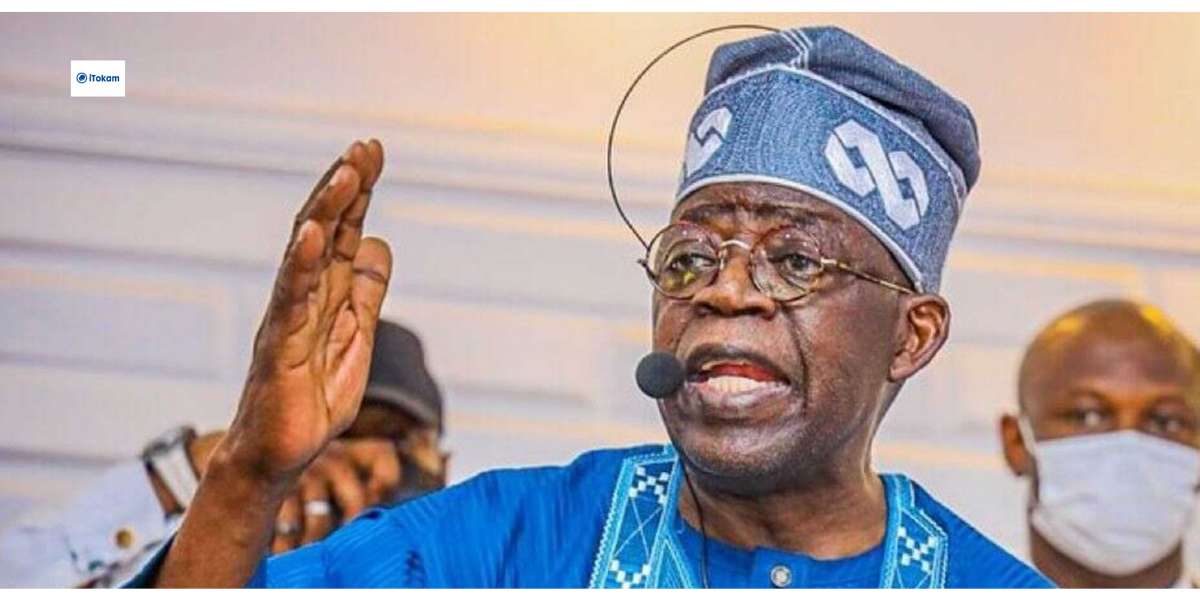Mr. Peter Obi, the candidate for president of the Labour Party (LP), and members of his party attempted to submit the documents as exhibits to establish their petition challenging the conduct of the presidential election that took place on February 25.
INEC had, on Thursday, through its counsel, Mr. Kemi Pinhero, SAN, opposed to the admission of numerous documents brought to the PEPC by the petitioners for the purpose of tendering them as exhibits in support of their petition. The petitioners had brought the documents to the PEPC in order to offer them as evidence in support of their petition.
During the proceedings that took place on Friday, INEC also raised an objection to any and all certified true copies of the Form EC8A that the petitioners sought to offer from local governments in six different states.
INEC's counsel, Pinhero, stated before the court that the electoral body objected to the submission of certified true copies of the documents, mostly election result sheets, on the grounds that they were not relevant to the case. Pinhero explained that the main reason for this objection was that the papers were unfamiliar to the lawsuit.
Pinhero indicated that the concerns were not joined in the local government areas where the result sheets were requested to be submitted. He also stated that it was inappropriate for the petitioners to move outside the districts where the polls was disputed.
Also Read: I Won’t Rule, But Govern You, Tinubu Assures Nigerians
According to INEC, the local government areas that were illegally smuggled into the proceedings of the court are completely foreign to the petition and cannot stand in the face of the law. In addition, INEC claims that the petition cannot be supported by the law.
However, the Chairman of the Court, Justice Haruna Tsammani, ruled that it was improper for the lawyer representing INEC to attempt to submit reasons for his objection at this time because, during the pre-hearing stage, all parties had agreed that they would give reasons during the address stage.
The legal representative, on the other hand, stated that he felt obligated to provide some sort of explanation because of the criticism that the commission received from the media regarding the fact that it was opposing to the admission of its own documents in court.
Forms EC8A from 21 local government areas of Adamawa, Lagos state, eight local government areas of Bayelsa, and sections of Rivers and Niger that were tendered by the petitioners have been accepted by the court as exhibits. In the meantime, the court has made this decision.





Saheed Olalekan 46 w
Good